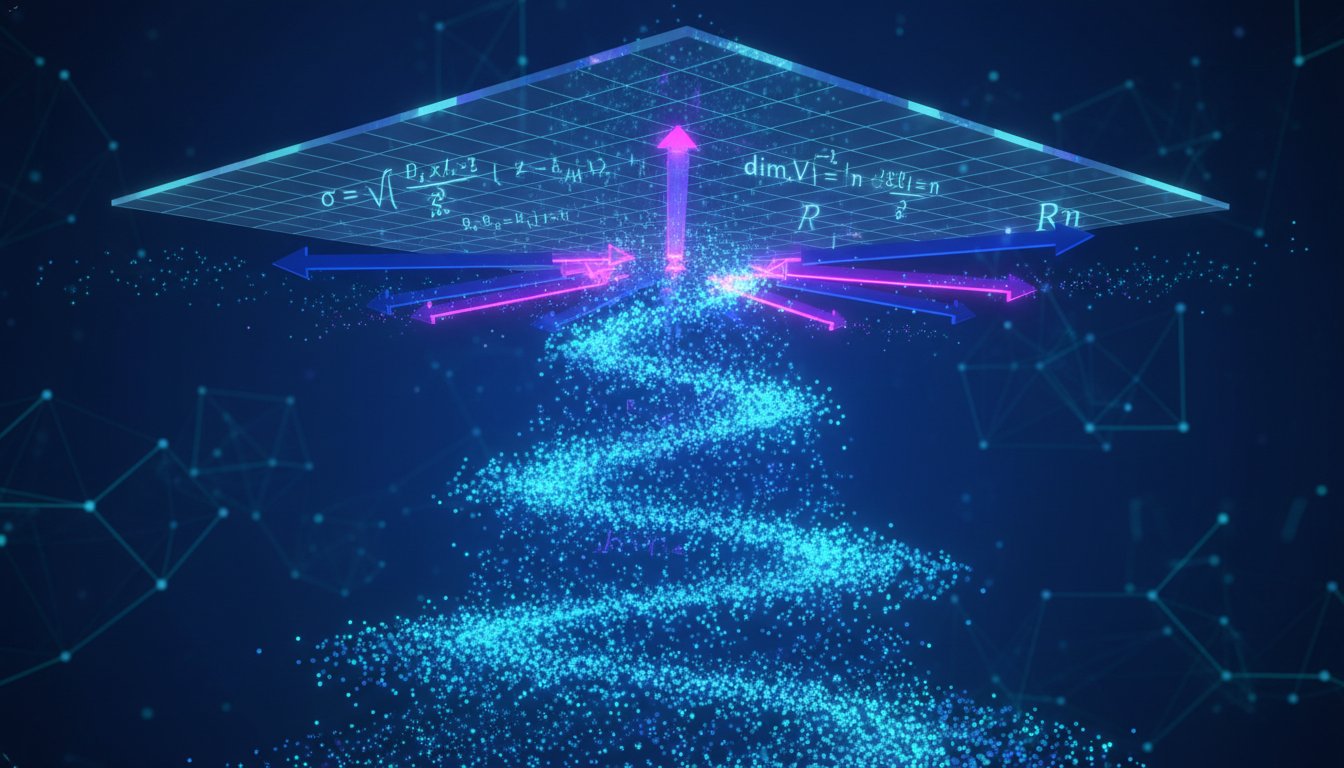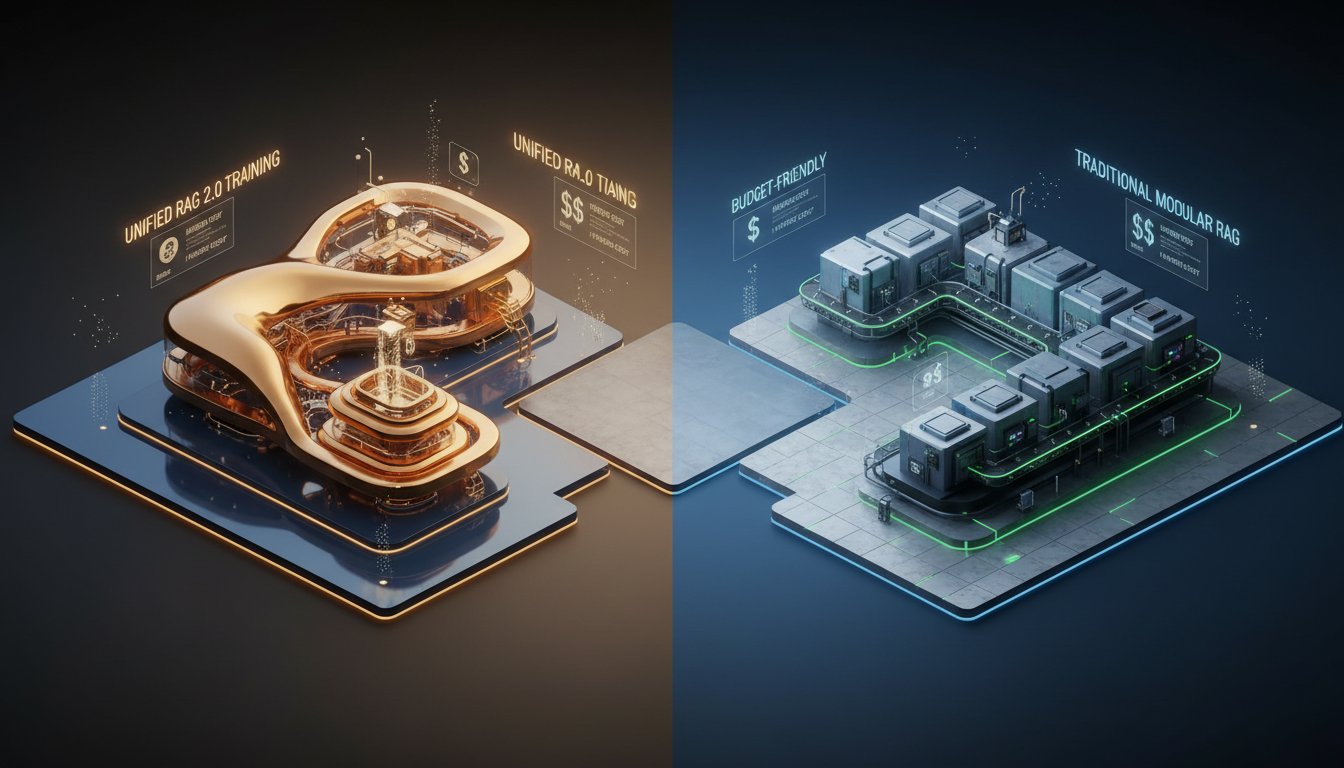Introduction
The doomsayers are out in full force. Everywhere you look, headlines scream about AI stealing jobs, leaving countless workers unemployed and obsolete. But what if I told you that this fear is largely misguided? As someone deeply involved in the trenches of AI development, specifically with Retrieval Augmented Generation (RAG) systems, I see a very different future. A future where AI doesn’t replace us, but rather elevates us, augmenting our abilities and opening doors to entirely new opportunities.
This isn’t just wishful thinking. It’s a perspective grounded in the practical realities of building and implementing AI solutions within enterprises. We’re not just automating tasks; we’re creating intelligent systems that require human oversight, creativity, and expertise to truly thrive. The challenge lies not in fearing displacement, but in understanding how our roles will evolve and preparing ourselves for this exciting shift.
In this post, we’ll explore the key reasons why the AI-driven future is one of collaboration, not replacement. We’ll dive into the specifics of how AI, particularly RAG, is creating new roles, augmenting existing ones, and demanding a new breed of human skills. Get ready to challenge your assumptions and discover why the AI revolution might just be the best thing to happen to your career.
AI as a Co-Pilot, Not a Replacement
The biggest misconception about AI is that it’s designed to be a complete replacement for human workers. In reality, AI, especially in its current state, is far more effective as a co-pilot. RAG systems, for example, excel at sifting through vast amounts of data to provide relevant information, but they lack the critical thinking and contextual understanding to make nuanced decisions.
- Enhanced Decision Making: RAG systems empower humans with the information they need to make better, faster decisions. Think of a financial analyst using a RAG system to quickly identify market trends and potential investment opportunities. The AI provides the data, but the analyst uses their expertise to interpret the information and make strategic choices.
- Reduced Cognitive Load: By automating repetitive tasks and providing quick access to information, AI frees up human workers to focus on higher-level tasks that require creativity, problem-solving, and emotional intelligence.
- Human Oversight is Essential: AI systems are not infallible. They can be prone to errors, biases, and misinterpretations. Human oversight is crucial to ensure that AI is used responsibly and ethically. This need for oversight itself creates new job roles.
The Rise of the “AI Wrangler”
One of the most significant ways AI is creating new jobs is through the emergence of roles that focus on managing, training, and optimizing AI systems. I call this a new class of worker — the “AI Wrangler”. These professionals are responsible for ensuring that AI systems are aligned with business goals, performing effectively, and used ethically.
- Prompt Engineers: These specialists craft the prompts that guide AI models, ensuring they generate accurate and relevant results. Prompt engineering is a highly sought-after skill, as it directly impacts the performance of AI systems.
- Data Labelers and Trainers: AI models learn from data, and the quality of that data is crucial. Data labelers and trainers are responsible for cleaning, labeling, and preparing data for AI training, ensuring that the models are accurate and unbiased.
- AI Ethicists: As AI becomes more prevalent, ethical considerations are paramount. AI ethicists work to ensure that AI systems are developed and used in a responsible and ethical manner, mitigating potential risks and biases.
Augmenting Existing Roles with AI
Beyond creating entirely new jobs, AI is also transforming existing roles, making them more efficient, strategic, and fulfilling. Professionals in various fields are now leveraging AI tools to enhance their capabilities and achieve better results.
- Marketing: Marketers are using AI-powered tools to personalize customer experiences, automate marketing campaigns, and analyze customer data to identify trends and opportunities.
- Sales: Sales professionals are using AI to identify leads, qualify prospects, and personalize sales pitches, leading to higher conversion rates.
- Customer Service: Customer service agents are using AI chatbots to handle routine inquiries, freeing up human agents to focus on more complex issues and providing faster, more efficient support.
- Technical Writing: As per the focus of this blog, RAG systems are enabling writers to quickly research, draft, and refine documentation, resulting in more comprehensive and accurate technical content. Technical writers are able to focus on more strategic content, and less on the research side.
The Importance of Upskilling and Reskilling
While AI is creating new opportunities, it’s also crucial to acknowledge that some jobs will be displaced. The key to navigating this shift is to embrace upskilling and reskilling, acquiring the skills needed to thrive in the AI-driven economy.
- Focus on Core Skills: Develop strong critical thinking, problem-solving, and communication skills. These skills are essential for working effectively with AI systems and adapting to changing job requirements.
- Embrace Continuous Learning: The AI landscape is constantly evolving, so it’s crucial to stay up-to-date on the latest trends and technologies. Online courses, workshops, and industry events can help you stay ahead of the curve.
- Seek Out New Opportunities: Be proactive in seeking out new roles and opportunities that leverage your existing skills and interests. Don’t be afraid to step outside of your comfort zone and try something new.
Conclusion
The fear of AI-driven job displacement is understandable, but ultimately misguided. AI is not a job-stealing monster; it’s a powerful tool that can augment our abilities, create new opportunities, and transform the way we work. The rise of RAG systems and other AI technologies is driving the creation of new roles like “AI Wranglers” and augmenting existing ones across various industries. By embracing upskilling, reskilling, and a willingness to adapt, we can navigate this shift successfully and unlock the full potential of the AI revolution. Remember those doomsayers? While AI is here to stay, so are we, more capable and empowered than ever before.
Call to Action
Ready to explore how RAG systems can revolutionize your organization? Contact us today for a free consultation and discover how we can help you harness the power of AI to drive innovation and growth.




